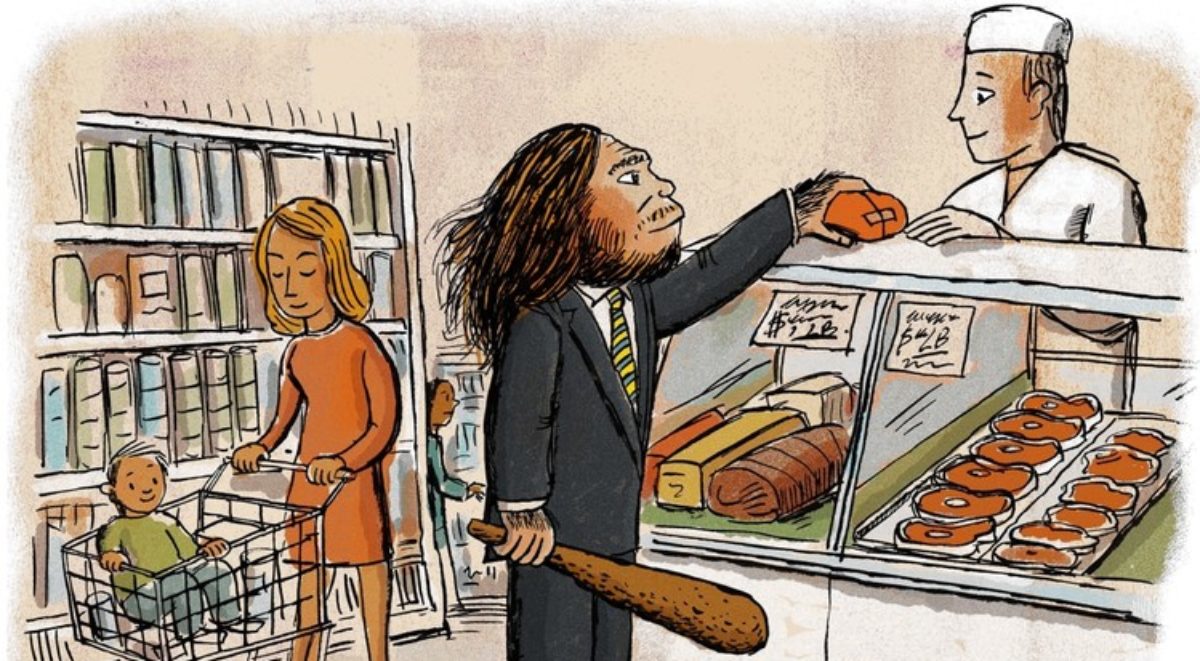Zuk starts off reminding us that evolution is not something extra that has been cast upon humans and that “people are a product of evolution”. She describes “hominin exceptionalism” as our continuing need to see ourselves as different than other animals and that it plays into our curiosity on human evolution. Some people believe that evolution has finished now that we have checked off a figurative to do list, but that simple is not true. In fact there is a greater scope of evolution that can occur now that there is a larger population with opportunities for genetic mutations. The author drives home to the reader that at its core, evolution is simply just a change in the frequency of a particular gene.
On a human population note, Zuk describes the research of Emmanuel Milot and his finding on “the temporal window of reproductive opportunity”. Basically, the window is growing larger which is enabling people to have children throughout more of their lifetime. However, people might not take advantage of that window, which shows how culture can play a major role in our evolution.
Zuk ends her book with a call to relinquish the paleofantasy. She highlights how “rather than trying to use our past to proscribe our present, or our future, we can use it as a way to understand where we come from”. Giving up the paleofantasies will let us come to appreciate that all environments leave their mark, old or new. Change does not have to lead to disaster, it usually just leads to more change.
